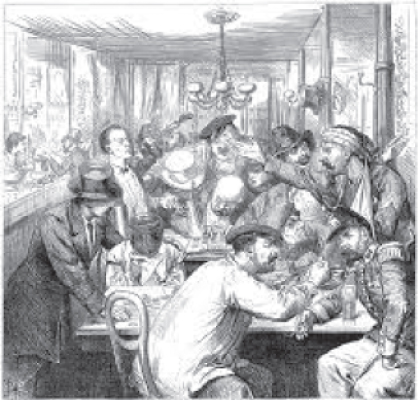BBELLIGERENCE

Belligerence – whether through critical reactions to aggressive warmongering, hostile takeovers or bullying and ignorant responses to others – has fittingly earned a bad reputation. In the business context of culture building, belligerence ranks quite high on the HR list of ‘don'ts’ – and usually, rightfully so. But there is also a tendency to confuse belligerent behaviour with bullying. This can prompt companies to discourage or ‘weed out’ employees with qualities like individualism and passion, simply because they don't fit the ‘preferred behaviour’ for team members.
As Niccolo Machiavelli recognized, ‘there is nothing more difficult and dangerous, or more doubtful of success, than an attempt to introduce a new order of things’ (The Prince, 1532). As an arch strategist, Machiavelli often advocated patient diplomacy; however, he also understood that belligerent tenacity is sometimes the only way to deal with the aggressive denial that people tend to direct against the untried and untested. As he explained it:
whenever the opponents of the new order of things have the opportunity to attack it, they will do it with the zeal of partisans, whilst the others defend it but feebly, so that it is dangerous to rely upon the latter.
(Niccolo Machiavelli, The Prince, 1532)
Machiavelli's understanding that any level of change ambition needs to anticipate and negotiate access ...
Get The Dream Cafe: Lessons in the Art of Radical Innovation now with the O’Reilly learning platform.
O’Reilly members experience books, live events, courses curated by job role, and more from O’Reilly and nearly 200 top publishers.

